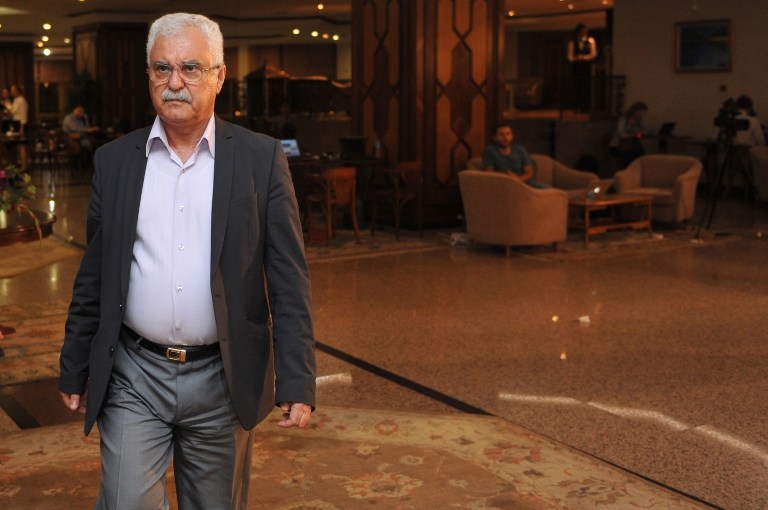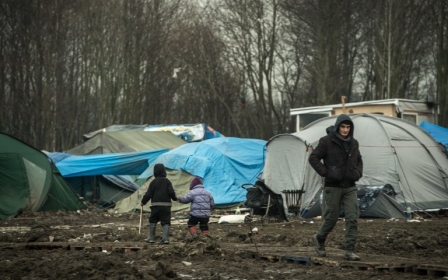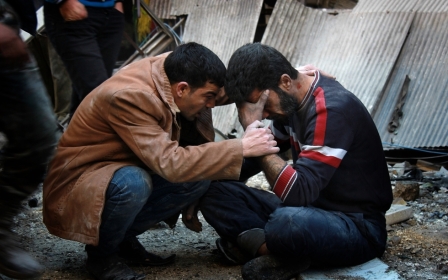Syrian opposition figure says talks off until Russian strikes stop: Report

A member of the Syrian opposition’s negotiating team has reportedly ruled out peace talks until Russia stops air strikes on the country and the government gives access to besieged areas.
George Sabra, who was named deputy head of the opposition delegation on Wednesday, reportedly told Reuters that “the conditions must be appropriate for the negotiations”.
He confirmed that this meant the opposition would not attend even indirect talks until the conditions are met, Reuters reported.
“So far, the obstacles in front of the conference have yet to be removed. There must be a halt to the bombardment of civilians by Russian planes, and sieges of blockaded areas must be lifted,” he was quoted by Reuters as saying.
The talks that are scheduled to begin in Geneva on Monday have been dogged over the past week as sponsoring countries Russia and the US, and the Saudi-backed Syrian opposition, have clashed over who should represent the opposition.
Russia has called some of the groups on a US-backed list made in an opposition meeting in Saudi Arabia last month "terrorists" and has refused to negotiate with them.
Instead, Moscow wants the inclusion of opposition figures who have remained loyal to President Bashar al-Assad, as well as Kurdish groups fighting IS.
The Saudi-backed opposition coalition on Wednesday said it would accept no such interference as it announced its negotiating team for the Geneva talks.
Sabra said earlier this week that no one had "the right" to object to or interfere with the opposition's choices, and that any attempt to do so would end talks before they began.
But even beyond struggles over the invite list, Russia's air strikes have helped Assad hold enough ground that it is not clear, as Western governments had once hoped, that he can be removed from power.
“Russia’s strategy is to weaken the Syrian opposition to the point of elimination, so that in the future Russia may well be able to argue that there is no one to negotiate with,” Lina Khatib, a senior research associate at the Arab Reform Initiative, told the Washington Post on Wednesday.
Stay informed with MEE's newsletters
Sign up to get the latest alerts, insights and analysis, starting with Turkey Unpacked
Middle East Eye delivers independent and unrivalled coverage and analysis of the Middle East, North Africa and beyond. To learn more about republishing this content and the associated fees, please fill out this form. More about MEE can be found here.




